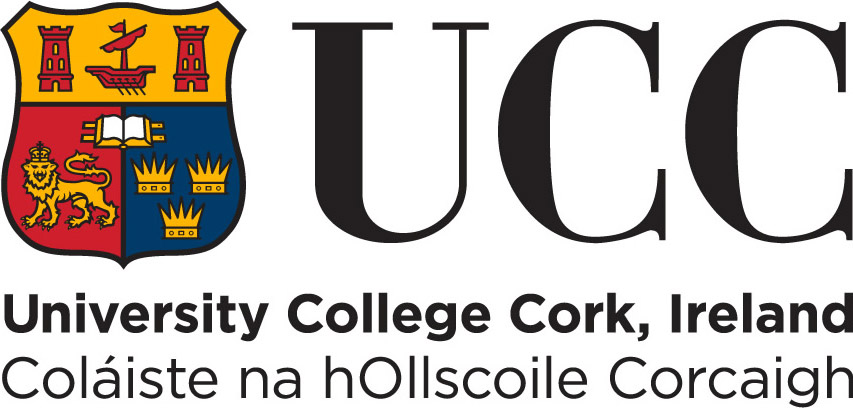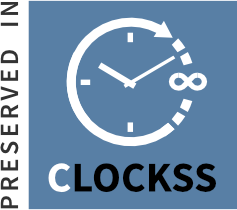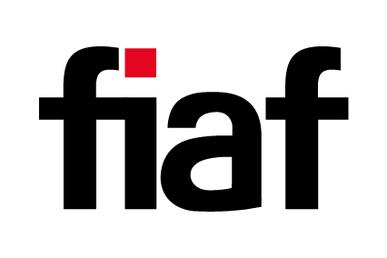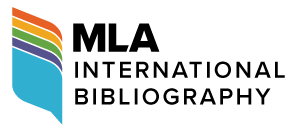Spotlight on Early Career Research in Film Studies
Editorial
James Mulvey

Figure 1: Early Career Research: being pulled in all directions while it’s easier to be on your phone. Publicity Image from The Curry House Kid, Channel Four, 2019. Photograph/Copyright: Rory Mulvey.
There are discrepancies when it comes to determining what an early career researcher (ECR) or early career academic (ECA) is, however, scholars agree that this period of development is fraught with a unique set of challenges. Let’s begin by considering the parameters and conditions of being an early career researcher. According to the European Commission, “the term Early-Stage Researcher refers to researchers in the first four years of their research activity, including the period of research training”. For UK Research and Innovation, an early career researcher is defined as someone who is either “within eight years of their PhD award (this is from the time of the PhD ‘viva’ oral test), or equivalent professional training or within six years of their first academic appointment.”
Despite the variance in definitions, the obstacles facing ECRs at the beginning of their academic careers are widely acknowledged and agreed upon (Johnson and Weivoda; Kearney and Maxwell; Falcato et al.). Early career researchers face many challenges as they begin their work in the academy, for example, building academic profiles, seeking funding, teaching, disseminating research, all the while experiencing the precarity of future opportunities and employments. According to the 2021 Youth Forum on the Future of the Humanities, ECRs are disproportionately affected by lack of funding and precarity (Falcato et al. 5). While funding allocation is an issue across academia, ECRs do not have established track records of funding and publication and therefore must tread carefully between innovative research and being perceived as overly ambitious (Johnson and Weivoda 1). Furthermore, Rachelle Johnson and Megan Weivoda cite “an increase in grant applications over the past decade, without a comparable increase in allocated funding”, resulting in reduced funding opportunities (1). Consequently, new research tends to be trend-driven rather than interest-, skill- or demand-oriented (Falcato et. al 5). This lack of access to funding, as well as casual, short-term and zero-hour contracts, contributes to a felt sense of precarity and instability both in the professional and personal lives of ECRs (Bozzon et al. 336). Another risk factor highlighted by the Youth Forum on the Future of the Humanities was that of reduced physical and mental well-being brought about by the anxiety of job instability, financial strain and increased online work in a post-pandemic context (8). The executive summary notes that, “given the current scenario in which pay is low and social acknowledgement is scarce, [...] work-life balance must be kept at all costs, and relevant breaks must be made from the permanent need to be connected to the web” (8). ECRs require support and guidance from established scholars, however, as Edward J. Hackett notes, “the young cannot rely on their elders to socialize them, to teach them the new rules, for the rules are in flux” (272). A study by Gemma Kearney and Deborah Maxwell highlighted that academia and universities are in a continuous state of change and that, therefore, ECRs must come together in networks as part of the wider academic community “to bridge transitions and support a range of career opportunities for ECRs” (14).One such network is YECREA, the Young Scholars Network of the European Communication Research and Education Association (ECREA). ECREA is “a learned society of communication scholars devoted to development of communication research and higher education in Europe” (“About”). The association is comprised of twenty-five thematic sections, each focused on the advancement of a particular field of communication studies. Established as a sub-network within ECREA, YECREA represents early-stage scholars within the wider network. The main objectives of the network are to highlight the voices of early career academics and to support these scholars by providing a designated network in which to share relevant information, to stimulate initiatives based on early career supports and to develop fora for peer support, review and the generation of new ideas. YECREA aims to stimulate communication and collaboration between new and established scholars via events, publication, discourse and networking.
In 2020, I was appointed the YECREA representative for the Film Studies section, with the aspiration to develop opportunities for ECRs to distribute their research in meaningful ways. As a member of the editorial board of Alphaville: Journal of Film and Screen Media and YECREA representative, the genesis of an idea emerged for the advancement of ECR research dissemination: a specially curated issue of the journal with an open call for current research of early career academics. Alphaville’s mission is to promote innovative research that contributes to the international debate by engaging with current ideas and with shifts in the field of film and screen media. As a diamond open-access journal, Alphaville does not charge its authors to publish their work and supports them in reaching a broad global audience. Given the overlap in agenda between YECREA Film Studies section and Alphaville, a collaboration between the two in the goal of supporting early academic writing was put forward.
The current issue accordingly highlights the writing of three early career scholars on a variety of thematic and theoretical discourses from the field of film and screen media. Considering the work of Iranian documentary filmmaker Morteza Avini (1947-1993), Kaveh Abbasian interrogates a mode of filmmaking Avini termed Illuminationist cinema, and examines the influence of Islamic mysticism on his practice. The contemporary discourse of “diaspora cinema” is mapped by Alexander De Man to advance a theoretical framework to conceptualise how identity, culture and space are co-constructed through cinematic practices. Finally, taking a feminist approach, Vesi Vukoviç scrutinises representations of rape in Yugoslav New Film (1961-1972), against the context of the changing role of women in the Socialist Federative Republic of Yugoslavia in the wake of the Second World War. These three articles were selected for their ambition to shed new light on less-known film histories from a range of cultures, revaluate established critical paradigms and propose new concepts while rigorously engaging with a range of scholarly approaches in film studies.
References
1. “About ECREA.” European Communication Research and Education Association, www.ecrea.eu/About-ECREA. Accessed 30 June 2023.
2. Bozzon, Rossella, et al. “Work-Life Interferences in the Early Stages of Academic Careers: The Case of Precarious Researchers in Italy.” European Educational Research Journal, vol. 16, no 2-3, 2017, pp. 332-51. https://doi.org/10.1177/1474904116669364.
3. European Commission. “Under the MARIE SKŁODOWSKA-CURIE Actions, Has the Definition of Early Stage Researcher (ESR) Changed from FP7 to H2020?” European Commission Funding & Tender Opportunities, 6 Sept. 2019, ec.europa.eu/info/funding-tenders/opportunities/portal/screen/support/faq;keywords=/683.
4. Falcato, Ana Cristina, et al. “Executive Summary: Humanities for the Future: A New European Agenda.” Youth Forum on the Future of the Humanities, European Humanities Conference 2021, F. C. Gulbenkian, Lisboa, Portugal, novaresearch.unl.pt/en/publications/humanities-for-the-future-a-new-european-agenda. Accessed 30 June 2023.
5. Hackett, Edward J., “Science as a Vocation in the 1990s: The Changing Organizational Culture of Academic Science.” The Journal of Higher Education, vol. 61, no. 3, 1990, pp. 241-79. https://doi.org/10.1080/00221546.1990.11780710.
6. Johnson, Rachelle W., and Megan M. Weivoda. “Current Challenges for Early Career Researchers in Academic Research Careers: Covid-19 and Beyond.” JBMR Plus: Special Issue: Early Career Researcher Special Issue, vol. 5, no. 10, pp. 1-2. https://doi.org/10.1002/jbm4.10540.
7. Kearney, Gemma, and Deborah Maxwell. “The Universities’ ‘Third Mission’ and the Experiences and Perceptions of Early Career Researchers in the Arts and Humanities.” CHER 28th Annual Conference, 7-9 Sept. 2015, pp. 1-17.
8. UKRI. “Early Career Researchers: Career and Skills Development.” UK Research and Innovation, 27 June 2022, www.ukri.org/what-we-do/developing-people-and-skills/ahrc/early-career-researchers-career-and-skills-development.
Suggested Citation
Mulvey, James. “Spotlight on Early Career Research in Film Studies: Editorial.” Alphaville: Journal of Film and Screen Media, no. 25, 2023, pp. 1-4. DOI: https://doi.org/10.33178/alpha.25.00
James Mulvey lectures in the Department of Film and Screen Media at University College Cork. His main teaching and research interests include the essay film, the portrait film, fiction/non-fiction and film-philosophy. He is on the Editorial Board of Alphaville Journal of Film and Screen Media and is the Early Careers Researcher representative for the European Communication Research and Education Association (ECREA) in the division of Film Studies. He is the documentary programmer for IndieCork Film Festival, with an emphasis on fostering independent, essayistic and art cinema, where he focuses on developing links between the academic and filmic communities.









